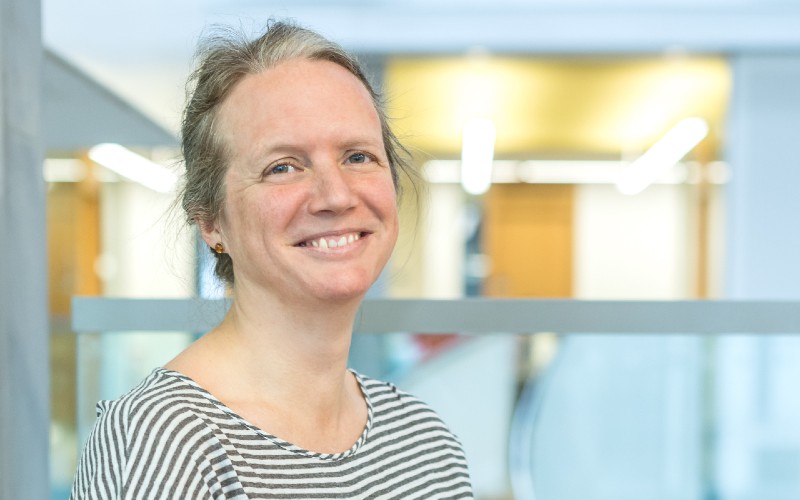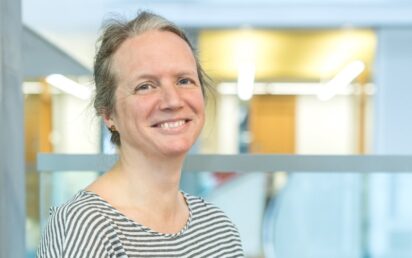The key to any technology business is building a product which people actually want and need.
It is important to test, test and test again. But who are you testing with?
Dr Lexi Birch is co-founder of Scottish AI company Aveni and, as a senior research fellow at the University of Edinburgh, an internationally recognised expert in natural language processing.
“You have to pay attention to product-market fit,” she tells TechBlast. “Getting this right quickly is a significant challenge as it’s very hard to find without a willing partner to test and build with.”
She advises: “Find a partner you have a good relationship with to work hand-in-hand to build your product.”
Aveni says its conversational intelligence technology is set to lead the way in a new era of speech automation for regulated industries.
Its product, Aveni Detect, uses the latest advances in AI and natural language processing to draw intelligence and automate processes directly from the customer voice and other communications channels.
This allows companies to achieve greater efficiencies in quality assurance while significantly improving client experience, sales performance, staff training, and the ability to identify vulnerable customers.
“The inspiration behind Aveni came from a desire to find a practical use for the sophisticated media monitoring platform which I had been developing in a European research project with the BBC,” explains Dr Birch.
“My co-founder Joseph Twigg had spent 15 years working in the investment industry and we got talking about why NLP wasn’t being used across financial services. Joseph had seen first-hand how inefficient processes are, especially in the areas around customer interaction and saw clear value in using NLP and machine learning to address these challenges.
“We designed a proposition to capture the data from customer interactions and then use that to automate downstream processes such as quality assurance, identification of risk such as vulnerabilities, conduct and complaints as well as automated admin and insights for coaching opportunities.
“Currently, many financial services firms use large human teams listening to calls and writing a combination of objective and subjective assessments to track quality. We take that completely out of the equation. We assess every single interaction, then triage anything interesting to human assessors.
“We also have models that we’ve built with large national banks that identify vulnerable customers. For every single call we have a vulnerability assessment that is scored and presented back in line with FCA guidance.”
The company raised investment of £2.75 million in July – led by The TRICAPITAL Syndicate LLP and Par Equity, and supported by Scottish Enterprise – to deliver the expansion of its platform across the financial services and utility markets across the UK.
“We’ve been able to build out our team both from an engineering and business development perspective as we look to strengthen our distribution capabilities,” says Dr Birch. “We also have a very strong team of NLP researchers and engineers who are transforming business problems into solutions using the latest advances in the field of natural language processing.
“We’re currently working with leading organisations across the financial services and utilities industries, helping them to achieve improved risk assurance, insights and efficiencies driven by their customer interactions.”
Aveni could be key to addressing the data-first demands of new compliance, particularly the consumer duty being introduced by the Financial Conduct Authority.
“Over the next 12 months domestic market forces such as regulation will transition NLP automation from technology that companies flirt with, to an essential component of their technology infrastructure,” adds Dr Birch.
“This makes the UK market our core focus area. Depending on market conditions abroad, we may look at new market entry into the US or Canada through partnerships and integrations.”


